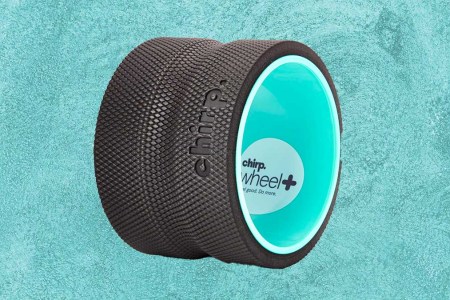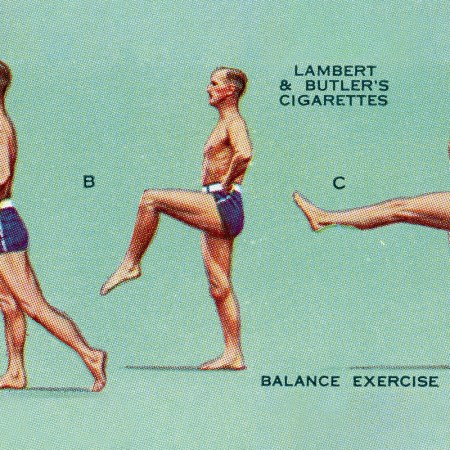Living with Parkinson’s disease can, for many people, involve restricted mobility — something that can make it increasingly difficult for people diagnosed with this disease to go about their everyday lives in the way that they’ve been accustomed. For those with late-stage Parkinson’s, those issues are even more magnified. That makes the results of a recent study — with an accompanying test of a new technology — especially encouraging for both doctors and for people working to manage their own Parkinson’s.
A paper published earlier this year in Nature Medicine describes the development of what the authors term “a neuroprosthesis operating in closed loop.” After testing the device in a primate, the scientists then applied it to a 62-year-old who had been diagnosed with Parkinson’s 30 years earlier and who had “severe gait impairments and frequent falls.”
The device, the scientists conclude, worked to “alleviate asymmetry and promote longer steps, improve balance and reduce freezing of gait.” What does that mean in practical terms? As Hannah Devlin writes at The Guardian, that meant that the test subject — identified there as a man named Marc from Bordeaux — was able to walk without difficulty for six kilometers (around 3.8 miles) when using the device.
“Right now, I’m not even afraid of the stairs any more,” Marc told The Guardian.
Forget Foam Rollers. This “Deep Tissue Wheel” Will Fix Your Spine.
Chirp makes our favorite new recovery fitness toolJocelyn Bloch of Switzerland’s Lausanne University, one of the neuroscientists involved in the study, addressed the importance of the work in comments made to The Guardian. “It is impressive to see how by electrically stimulating the spinal cord in a targeted manner, in the same way as we have done with paraplegic patients, we can correct walking disorders caused by Parkinson’s disease,” Bloch said.
This isn’t the first instance of Bloch and her colleagues addressing mobility issues. In 2022, Bloch was part of a team that identified neurons that could improve mobility for people with lower body paralysis; several of the same scientists were also involved with another implant which, earlier this year, helped someone who was paralyzed in a motorcycle accident walk again. This is work that’s helping reshape our understanding of how the brain helps people move — and has improved the lives of the people treated with it.
The Charge will help you move better, think clearer and stay in the game longer. Subscribe to our wellness newsletter today.



















